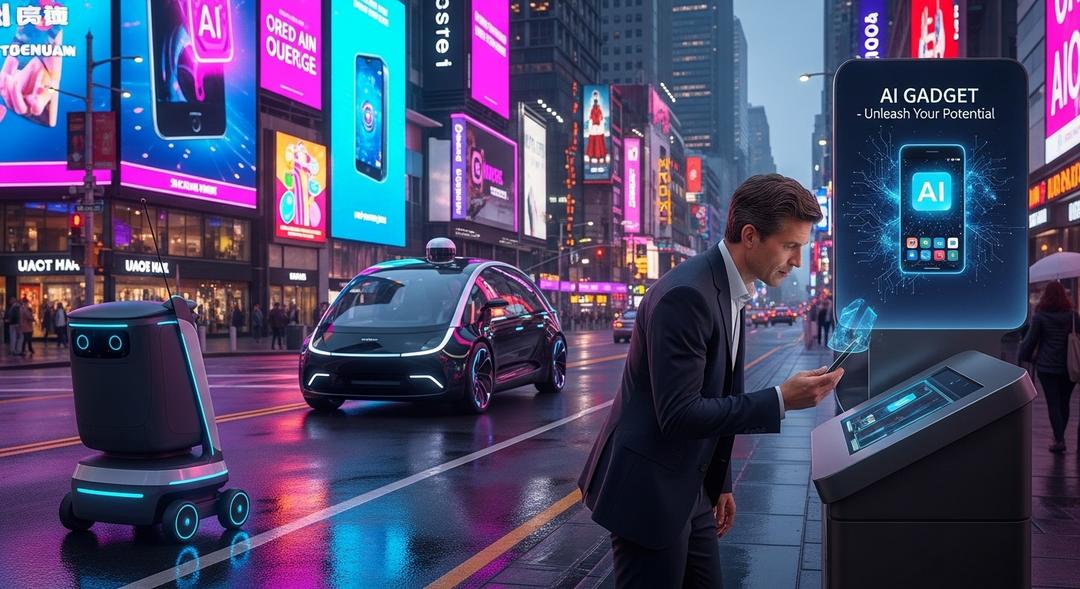The company’s six month residency program invites scientists and creators from neighboring worlds like physics or neuroscience, not just those who already live and breathe AI every day.
Jackie Hehir, who manages the program, described the residents in an info session as people who are “really passionate about the space,” yet not the usual suspects with advanced degrees in machine learning or jobs at rival labs.
Residents pocket an annualized salary of two hundred ten thousand dollars, which works out to a six figure sum for just half a year, along with full employee benefits and paid relocation to San Francisco.
Unlike internships, these participants are counted among OpenAI’s regular employees, and so far, almost everyone who impresses gets a permanent offer. Every single one of them has accepted.
The company chooses only about thirty people a year, looking for those who clear what Hehir calls an “extremely high technical bar” especially in math and coding, even if no formal degrees are required. “While you don’t need to have a degree in advanced mathematics, you do need to be really comfortable with advanced math concepts,” she said.
AI’s Fiercest Talent Tug of War
While OpenAI grooms its own, the biggest names in tech are not sitting quietly. Meta, led by CEO Mark Zuckerberg, has been reportedly tracking OpenAI’s brightest, with top staffers apparently landing on a notorious “List”. Some have received eye watering invitations, including signing bonuses north of one hundred million dollars.
Talented AI researchers can see offers from Meta soar upward of three hundred million dollars over four years, creating a wild season insiders jokingly call “summer of comp FOMO”. The result is a jumpy workforce, unsure whether to stick with their current missions or leap for historic paydays.
Zuckerberg’s charm offensive is having some effect, as Meta’s new ambitions have lured away several OpenAI staffers. Mark Chen, OpenAI’s chief research officer, described the feeling as if “someone has broken into our home and stolen something.”
Sam Altman, OpenAI’s CEO, was blunt in a recent internal memo, dismissing Meta’s approach as “crazy” and predicting: “What Meta is doing will, in my opinion, lead to very deep cultural problems.”
With only a few thousand people across the globe truly equipped to drive breakthroughs in large language models and advanced AI, the stakes have never been higher.
OpenAI’s bet is that people drawn by mission rather than fortune will ultimately carry the company forward, as Altman recently stated: “missionaries will beat mercenaries.”








